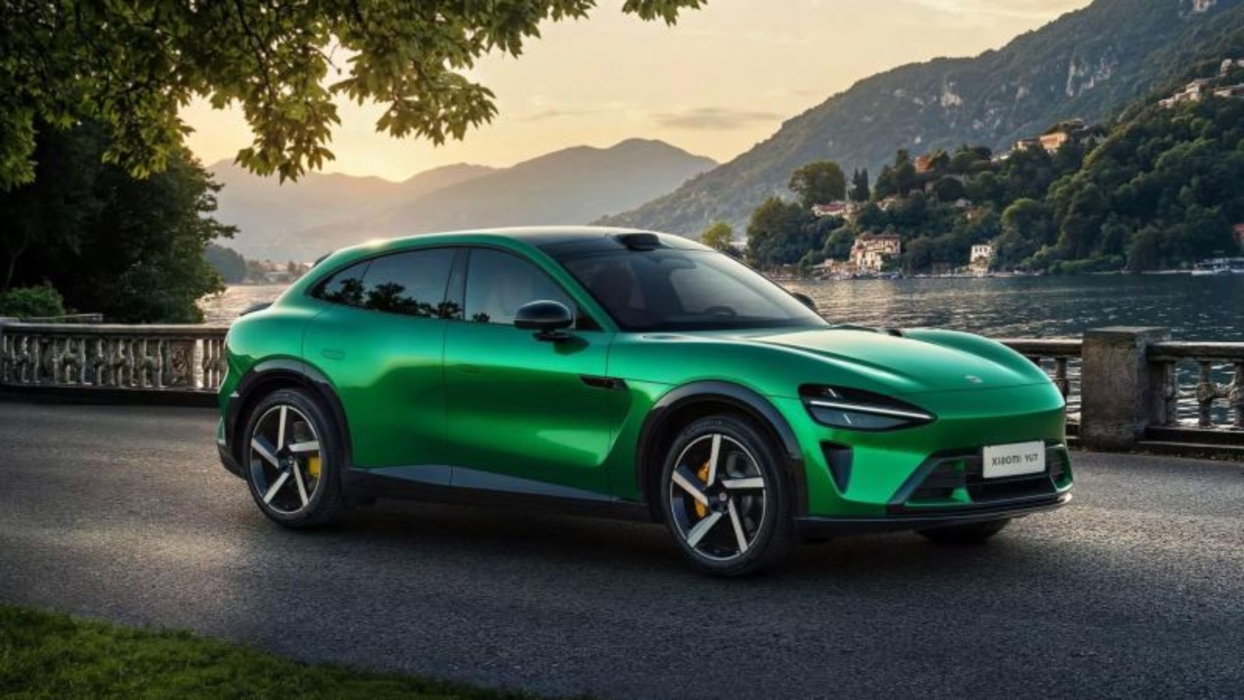Electric vehicles (EVs) from China are rapidly accelerating the shift to electric mobility in Greece, thanks to their attractive pricing and enhanced quality. Despite Greece’s slower EV adoption compared to the European average, the growing presence of Chinese EVs is reshaping the market landscape.
Key Barriers to EV Adoption in Greece
Until recently, three main challenges hindered widespread EV uptake in Greece:
- High purchase prices, despite generous subsidies that have recently been reduced from €9,000 to €3,000,
- Insufficient fast-charging infrastructure, especially across rural and regional areas,
- Limited battery ranges causing range anxiety among consumers.
Progress on Infrastructure and Technology
Significant improvements are underway. Major energy companies such as DEI, Motor Oil, Helleniq Energy, and Protergia are investing heavily in fast-charging stations across the country, while automakers are equipping new models with higher-capacity batteries that provide longer driving ranges.
Chinese EVs Make a Price Breakthrough
The biggest breakthrough comes in pricing. Chinese electric cars benefit from lower production costs—due to cheaper labor, energy, and government support—allowing them to offer highly competitive prices compared to European EVs. Combined with leaps in connectivity and driving performance, these vehicles present a compelling value proposition, fueling their popularity in Greece.
Market Trends: First Half of 2025
According to official data from the Greek Association of Imported Car Representatives (SEAA):
- Hybrid vehicles (petrol with limited electric range) account for 48.4% of new registrations,
- Petrol-only cars hold 34.1%,
- Plug-in hybrids make up 6.3%,
- Fully electric vehicles represent 5.5%,
- Diesel and LPG vehicles each comprise 2.9%.
Notably, fully electric vehicle registrations increased by 28% in the first half of 2025 compared to the same period in 2024, from 3,350 to 4,288 units. However, Greece still lags behind Europe, where EVs make up 15% of new car sales.
Leading Chinese Brands in Greece
Chinese brands are carving out a strong position in the market:
- MG, owned by China’s SAIC Motor and represented in Greece by the Syngelidis Group, ranks 11th overall with 2,598 new vehicles sold, including petrol, hybrid, and electric models.
- BYD, represented by Sfakianakis Group, leads Chinese fully electric car sales with 1,090 units (1.4% market share), ranking 21st overall.
- Volvo, owned by Chinese automaker Geely, holds 22nd place with 827 sales, with its fully electric EX30 model standing out.
Other Chinese EV brands gaining traction include Lynk & Co, DFSK, Leapmotor, Jaecoo, OMODA, Chery, XPeng, and Voyah.
Outlook: A New Era for Greek Mobility
The combination of expanding fast-charging infrastructure, improved battery technology, and the competitive pricing of Chinese EVs positions Greece on a fast track toward greater electric mobility. Importers are rapidly adding Chinese brands to their portfolios, and new entrants like NIO are expected to launch officially later this year.
With affordable, reliable, and technologically advanced Chinese electric vehicles leading the charge, Greece is poised to embrace a cleaner, more sustainable automotive future.
Source: pagenews.gr
